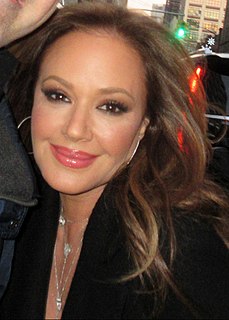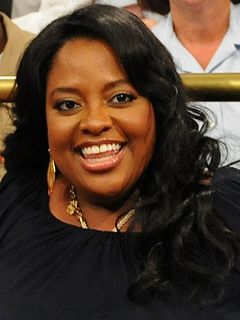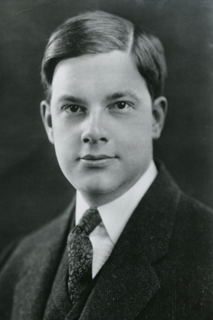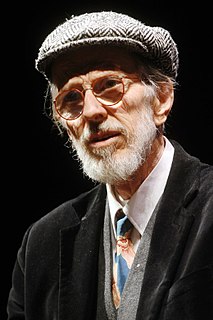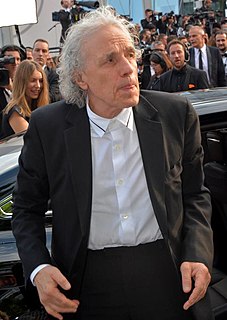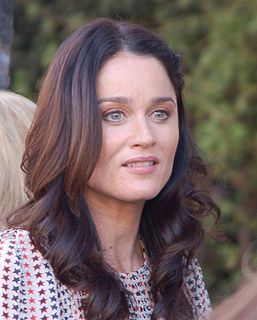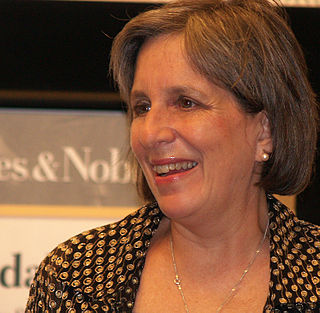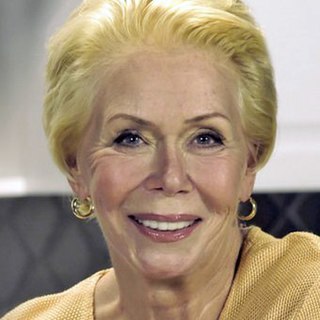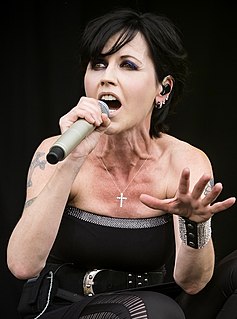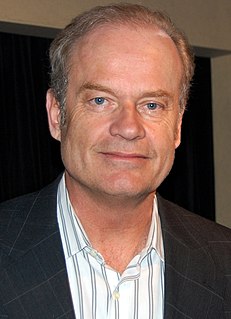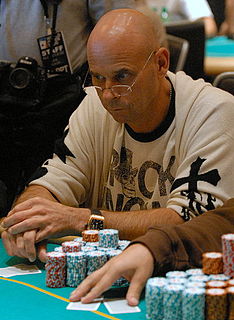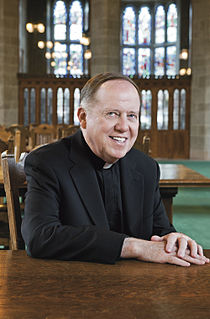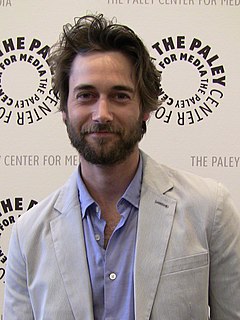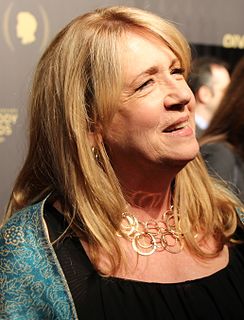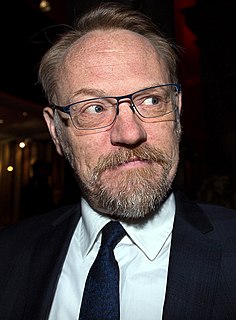Top 1200 Catholic Guilt Quotes & Sayings - Page 4
Explore popular Catholic Guilt quotes.
Last updated on November 14, 2024.
People always ask me if I hate the nuns. Do I make my movies extra dirty to piss them off? I always say no, that's not the point. To a Catholic, a movie is only dirty if it makes you want to have sex more. If it makes you feel sick, disgusted, ashamed of your own body, then it's not a dirty movie at all. It's a Catholic movie. And I make very Catholic movies.
What is the point of abusing yourself with guilt in the first place? If you did make a mistake and act in a hurtful way, your guilt won't reverse your blunder in some magical manner. It won't speed your learning processes so as to reduce the chance you'll make the same mistake in the future. Other people won't love and respect you more because you are feeling guilty and putting yourself down in this manner. Nor will your guilt lead to productive living. So what's the point?
I went to Catholic high school, so my being in this [the craft] is not going to make my grandmother very happy. It's funny, because I was the only one who is Catholic in it. You have this thing in mass where you have to genuflect before you go into the pew, so I said you have to do this [for a scene] and they said why, and I said because you have to; I don't know why, it's a rule. Or like instinct. It's funny they set in a Catholic school. I went to St. Ignatius College Prep - "Where Modesty is our Policy."
The story wafts across the Atlantic, where it's picked up with glee by Catholic progressives and horror by some Catholic conservatives - and the battle of the blogs is on, full blast. No one bothers to ask whether there's any basis in fact for the assertion that this is going to be a "global-warming encyclical."
It's a beautiful religion and I wish I understood it more. No, I don't want to understand it all. It's beautiful because it's always a mystery. Sometimes I say I don't believe in God and Jesus and Mary. I'm a bad Catholic because I miss mass once in a while and I grumble when, at confession, I get a heavy penance for something I couldn't help doing. But good or bad, I am a Catholic and I'll never be anything else. Of course, I didn't ask to be born Catholic, no more than I asked to be born American. But I'm glad it turned out that I'm both these things.
The period of Catholic ascendancy was on the whole one of the most deplorable in the history of the human mind. . . . The spirit that shrinks from enquiry as sinful and deems a state of doubt a state of guilt, is the most enduring disease that can afflict the mind of man. Not till the education of Europe passed from the monasteries to the universities, not till Mohammedan science, and classical free thought, and industrial independence broke the sceptre of the Church, did the intellectual revival of Europe begin.



